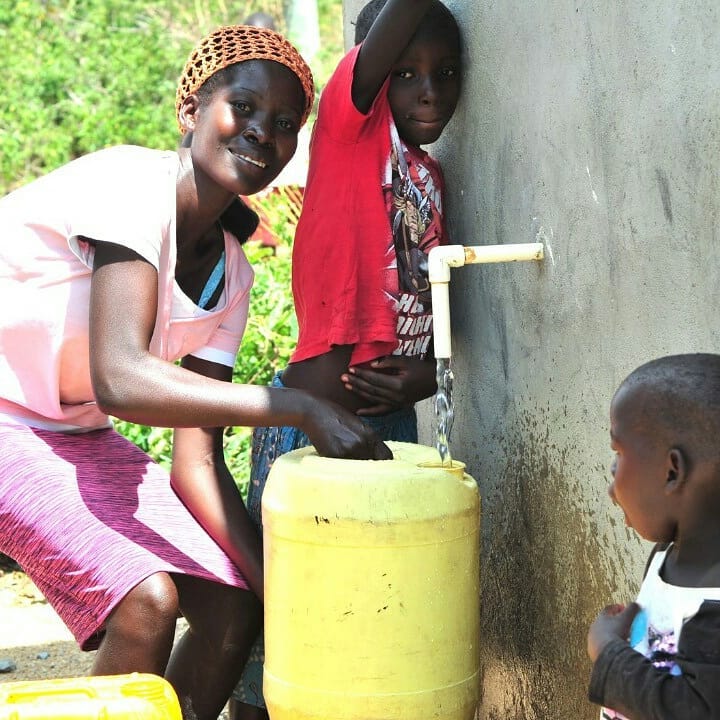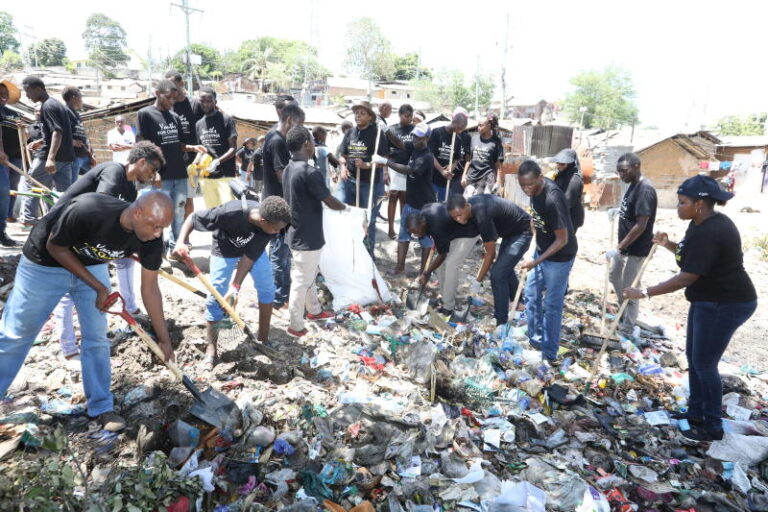Maji na Ufanisi has implemented an innovative Water, Sanitation, and Hygiene (WASH) project in Mombasa County’s Kongowea market, which has significantly improved the community’s access to essential WASH services.
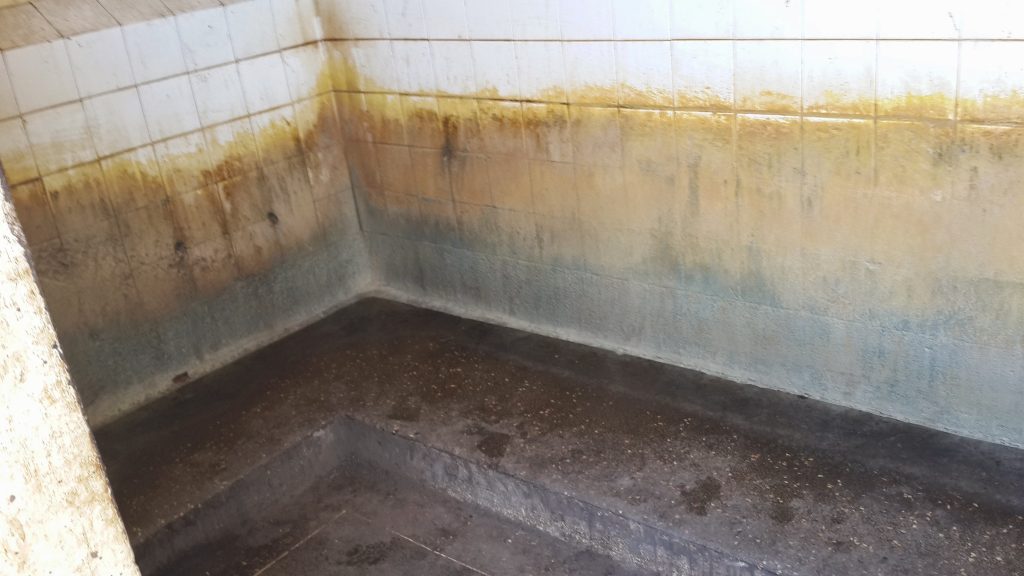
The project, known as the Water, Sanitation, and Hygiene Enterprise Model (WASHEM), was piloted by MnU in 60 public toilets that were rehabilitated to be disability-friendly and handed over to youth groups for management.
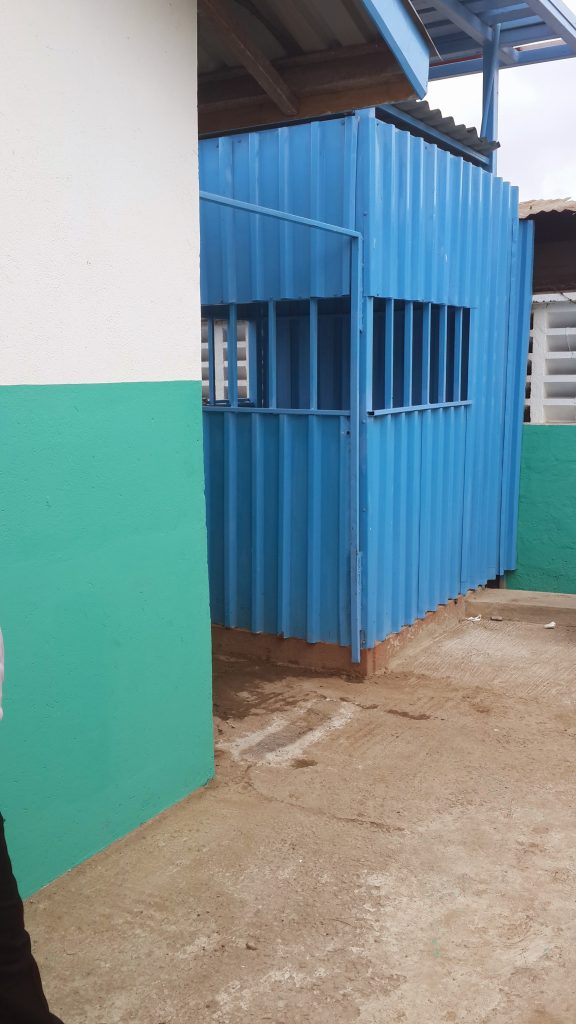
As a result of the project, over 10,000 people have benefited from improved WASH services, and 100 women and youth have directly benefited from employment at the public sanitation facilities.
The project has also positively impacted the local economy, as each facility generates enough revenue to cater for maintenance and staff salaries.
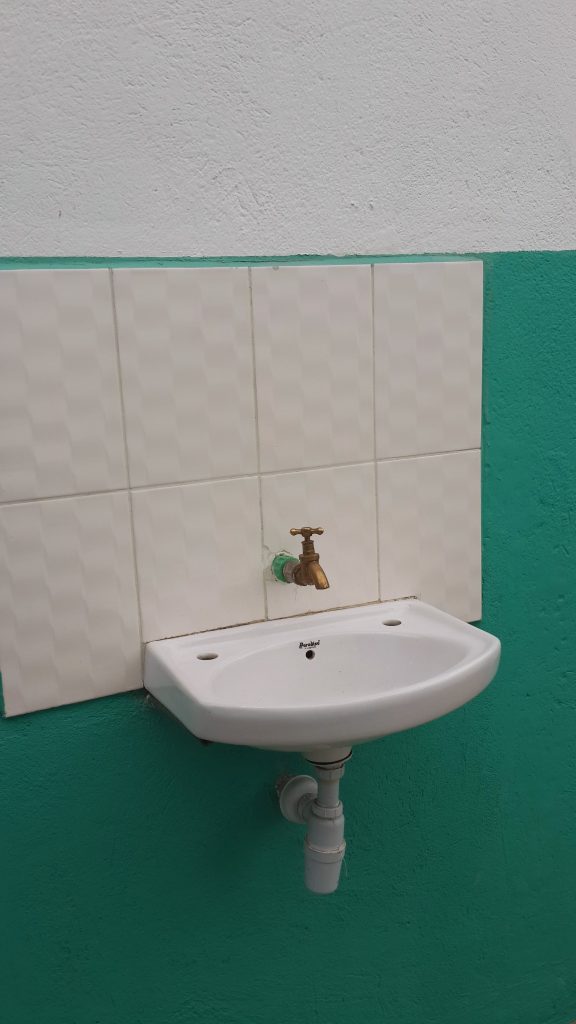
In recognition of its success, MnU’s WASH project in Kongowea public market was rated first out of over 900 projects that had been competing for an international award given by AMCOW (African Ministers’ Council on Water) and UNICEF in May 2015.
The recognition is a testament to the project’s effectiveness in improving access to WASH services and creating sustainable employment opportunities for youth and women.
Through the WASHEM project, MnU has demonstrated that innovative business models can be used to address some of the most pressing WASH challenges facing communities in Kenya and beyond.
By rehabilitating public toilets, training youth groups in basic business skills, and providing employment opportunities, the project has improved access to WASH services and contributed to poverty reduction and economic growth in the community.
MnU’s success with the WASH project in the Kongowea market has inspired other organizations and stakeholders to replicate the model in other parts of the country.
The government has also recognized the importance of innovative business models in addressing WASH challenges and has pledged to support such initiatives.
In conclusion, the WASHEM project is a shining example of how innovative business models can be used to address WASH challenges and create sustainable employment opportunities for youth and women.
MnU’s success with the project has improved access to WASH services and contributed to poverty reduction and economic growth in the community.
The project’s recognition by AMCOW and UNICEF is a testament to its effectiveness and a call to action for other organizations to replicate the model in other parts of the country.

